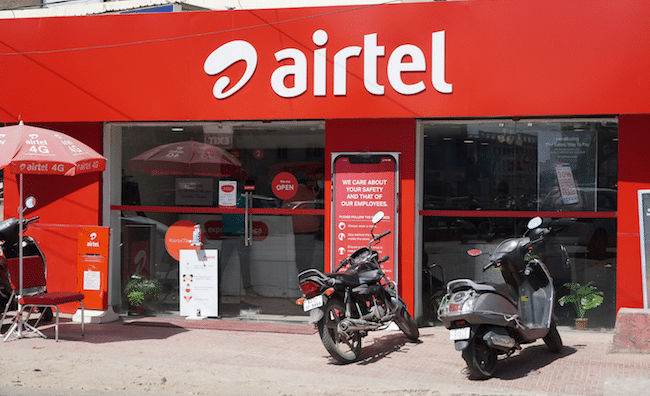Airtel Africa’s financial report for the period ended December 2024 has shed light on the challenges faced by the telecom operator in its largest market, Nigeria. Despite increasing its user base and data usage per customer, the company experienced a significant revenue drop of $500 million to $738 million in Nigeria, marking a 40.3% decline from the previous year.
The primary reason cited for this revenue decline is the substantial devaluation of the Nigerian naira, which went from a weighted average NGN/USD rate of 677 to NGN/USD 1,532. This currency devaluation posed a major challenge for Airtel Africa’s operations in Nigeria, impacting its overall financial performance in the region.
On the bright side, Airtel Africa saw revenue increases in other African regions. In East Africa, the company reported a revenue growth of $140 million, reaching $1.367 billion. Similarly, in Francophone Africa, revenue increased by 6.1% to $968 million. Despite these regional successes, overall revenue from mobile services experienced an 8.8% decrease, dropping from $3.37 billion to $3.07 billion.
Data services remained the primary revenue source for Airtel Africa across all markets. While data revenue in Nigeria saw a 34% reduction, East and Francophone Africa witnessed an increase of 19.4% and 19.5% respectively. With Nigeria being the company’s largest market, the overall operating profit from mobile services also decreased by 23.8% to $744 million.
The challenges faced by Airtel Africa in Nigeria mirror those experienced by other telecom operators in the country, such as MTN, which reported significant losses due to currency devaluation and foreign exchange fluctuations. The recent 50% tariff increase approved by the Nigerian Communications Commission (NCC) may provide some relief for telcos, but experts suggest that diversifying revenue streams is crucial for long-term sustainability.
Airtel Africa views the tariff hike as a balanced approach to maintaining the telecommunications sector’s viability while protecting consumer interests. However, the company and its counterparts will need to explore alternative revenue sources to mitigate the impact of currency devaluation and economic uncertainties in Nigeria and other markets.








